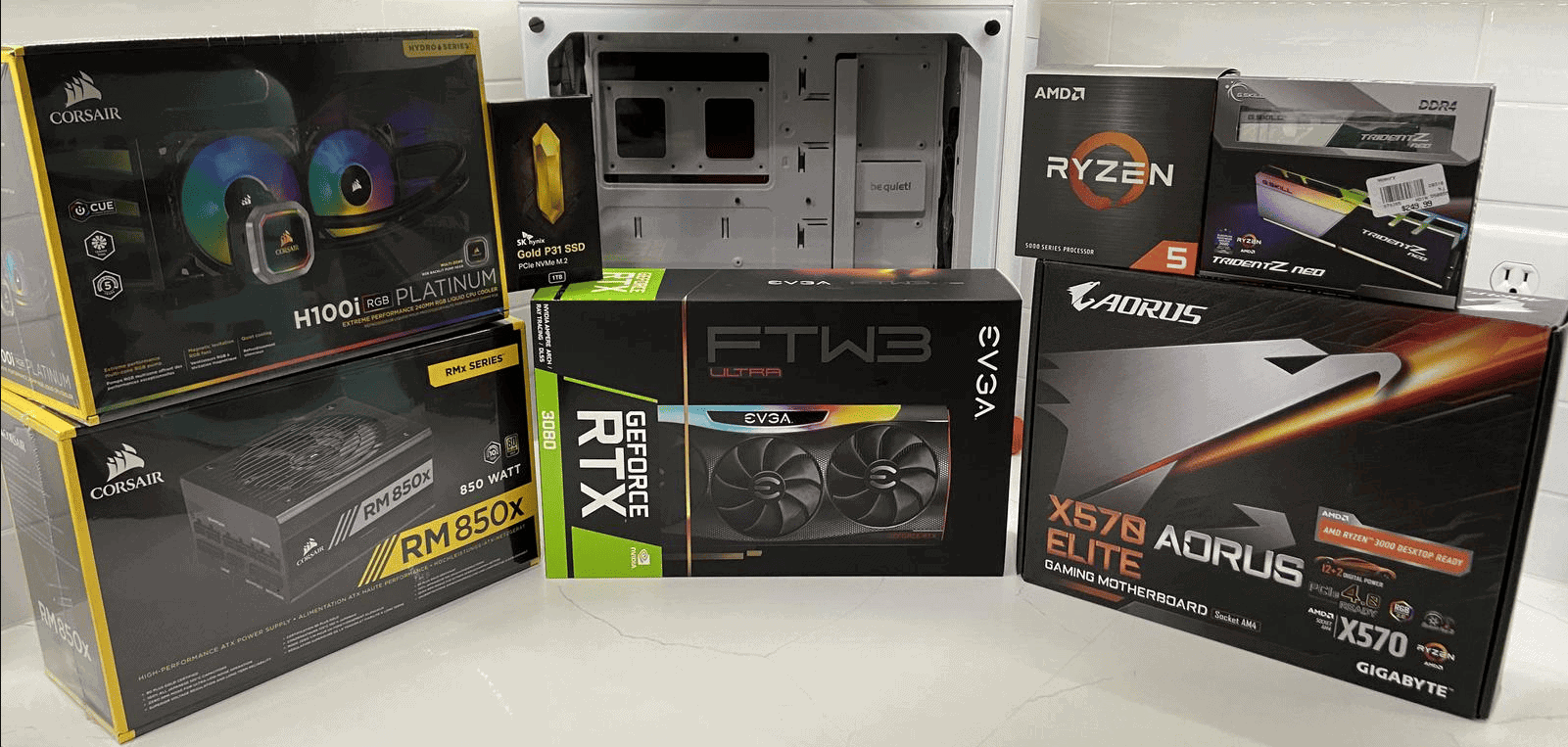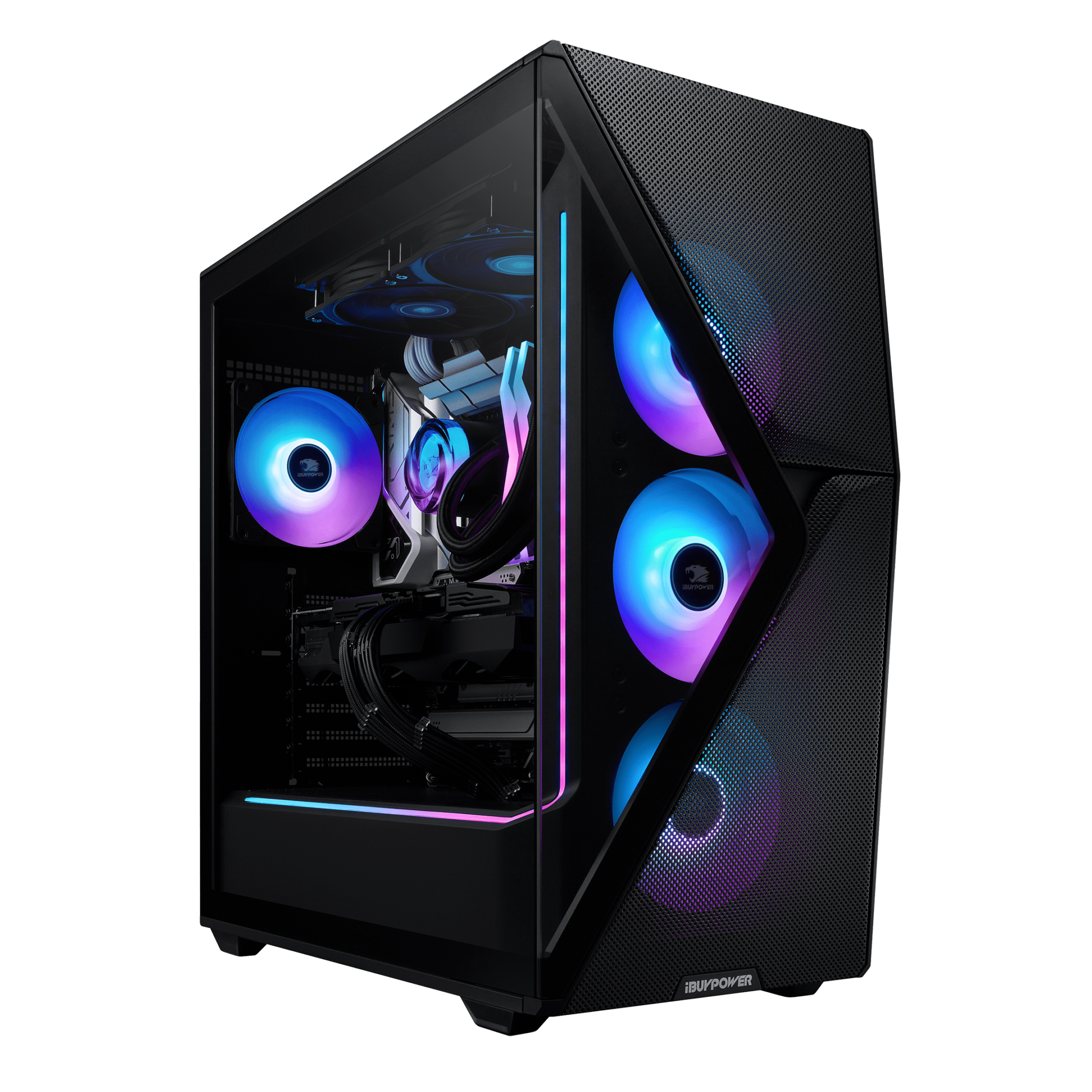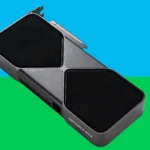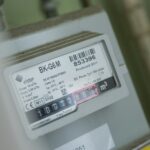Gaming PCs are powerful computers designed for playing video games. They need strong parts to run the latest games smoothly. Good specifications for a gaming PC include a fast CPU, a high-quality graphics card, at least 16GB of RAM, and a solid-state drive for storage. Building a gaming PC requires careful thought about key specifications to ensure great performance and a satisfying gaming experience. This guide outlines essential components and their recommended specs, including the CPU, GPU, RAM, storage, PSU, and cooling solutions. It also includes a table summarizing the key specs and offers extra considerations for monitors, peripherals, and budget.
By understanding these factors and making informed choices, you can build a gaming PC that provides smooth frame rates, stunning visuals, and an enjoyable gaming experience for years. The main components of a gaming PC are the processor and graphics card. For the best performance, look for newer models like Intel Core i5-13600K or AMD Ryzen 5 5600 CPUs. Pair these with graphics cards like the NVIDIA RTX 4060 or AMD Radeon RX 7600. These parts work together to ensure smooth gameplay and great visuals. Memory and storage are also important for gaming PCs. At least 16GB of RAM helps games run smoothly. A fast SSD offers quick loading times. With these parts, a gaming PC can handle most new games at high settings. Prices vary, but even budget builds can provide a good gaming experience with the right choices.

Building a Gaming PC: Key Specs to Consider
Building a gaming PC can be an exciting endeavor, but it’s important to understand the key specifications that contribute to a smooth and enjoyable gaming experience. Here’s a breakdown of essential components and their recommended specs for a gaming rig.
Processor (CPU)
The CPU is the brain of your computer, responsible for executing instructions and calculations. For gaming, a powerful CPU ensures smooth performance and responsiveness.
- Recommended: Intel Core i5 or AMD Ryzen 5 (or better)
Graphics Card (GPU)
The GPU handles the visual processing, rendering graphics and displaying images on your screen. A dedicated graphics card is crucial for gaming, especially for modern titles with demanding visuals.
- Recommended: NVIDIA GeForce RTX 4060 or AMD Radeon RX 7600 (or better)
Memory (RAM)
RAM stores data that the CPU needs to access quickly. Sufficient RAM ensures smooth multitasking and prevents slowdowns during gameplay.
- Recommended: 16GB DDR4 or DDR5
Storage
Storage is where your games, operating system, and other files are stored. A fast storage drive, such as an SSD (Solid State Drive), significantly reduces loading times and improves overall system responsiveness.
- Recommended: 1TB NVMe SSD (or larger)
Power Supply Unit (PSU)
The PSU provides power to all the components in your PC. It’s crucial to choose a PSU with sufficient wattage to support your components and ensure stable operation.
- Recommended: 650W 80+ Gold certified PSU (or higher)
Cooling
Effective cooling is essential to prevent overheating and maintain optimal performance. Consider using a combination of CPU cooler, case fans, and proper case airflow.
- Recommended: Air cooling or liquid cooling solution
Gaming PC Specs Table
| Component | Recommended Specs |
|---|---|
| Processor (CPU) | Intel Core i5 or AMD Ryzen 5 (or better) |
| Graphics Card (GPU) | NVIDIA GeForce RTX 4060 or AMD Radeon RX 7600 (or better) |
| Memory (RAM) | 16GB DDR4 or DDR5 |
| Storage | 1TB NVMe SSD (or larger) |
| Power Supply (PSU) | 650W 80+ Gold certified PSU (or higher) |
| Cooling | Air cooling or liquid cooling solution |
Additional Considerations
- Monitor: A high refresh rate monitor (144Hz or higher) can provide a smoother and more responsive gaming experience.
- Peripherals: Invest in a quality gaming keyboard, mouse, and headset for an enhanced gaming experience.
- Budget: Determine your budget and prioritize components accordingly. The GPU and CPU typically have the most significant impact on gaming performance.
Building vs. Buying a Pre-built Gaming PC
Building your own gaming PC offers greater customization and flexibility, allowing you to choose specific components that meet your needs and budget. However, it requires some technical knowledge and assembly skills. Buying a pre-built gaming PC is more convenient, but it may offer less customization and potentially come with a higher price tag.
Key Takeaways
- A good gaming PC needs a fast CPU, strong graphics card, and enough RAM
- Newer parts like Intel i5 or AMD Ryzen CPUs paired with recent GPUs offer great performance
- 16GB of RAM and an SSD improve overall system speed and game loading times
Core Components for Optimal Gaming Performance
Building a high-performance gaming PC requires careful selection of key components. These parts work together to deliver smooth gameplay and stunning graphics.
Central Processing Unit (CPU)
The CPU is the brain of your gaming rig. It handles complex calculations and tasks. For gaming, a fast, multi-core processor is crucial.
Top choices include:
- AMD Ryzen 7 7800X3D: Great for gaming with 3D V-Cache
- Intel Core i5-13600K: Strong mid-range option
- AMD Ryzen 5 5600: Budget-friendly but still capable
CPUs with 6 to 8 cores are ideal for most gamers. They offer a good balance of performance and cost. Higher-end chips like the Ryzen 9 7950X3D provide even more power for demanding games and tasks.
Overclocking can boost performance. But it needs good cooling and may void warranties.
Graphics Processing Unit (GPU)
The GPU is the most important part for gaming visuals. It renders graphics and determines frame rates.
Top GPUs for different budgets:
- High-end: NVIDIA RTX 4090, AMD RX 7900 XTX
- Mid-range: NVIDIA RTX 4070, AMD RX 7600
- Budget: NVIDIA RTX 4060, AMD RX 6500 XT
Consider your gaming resolution:
- 1080p: Mid-range GPUs work well
- 1440p: Higher-end cards for best performance
- 4K: Top-tier GPUs needed for smooth gameplay
Look for cards with ample VRAM. 8GB is good for 1080p, while 4K gaming may need 16GB or more.
Ray tracing adds realism but needs powerful GPUs. NVIDIA’s RTX cards excel here.
Random Access Memory (RAM)
RAM affects how many tasks your PC can handle at once. For gaming, more is better.
Key points:
- 16GB is the minimum for modern games
- 32GB is ideal for future-proofing
- DDR4 vs DDR5: DDR5 is faster but costlier
Recommended RAM:
- Corsair Vengeance (DDR4 or DDR5)
- G.Skill Trident Z
Faster RAM can boost FPS in some games. But the difference is often small.
Storage Solutions
Fast storage speeds up game loading times. SSDs are much quicker than old hard drives.
Options to consider:
- NVMe SSDs: Fastest type, great for boot drive and games
- SATA SSDs: Slower than NVMe, but still good
- HDDs: Use for extra storage of less-played games
Recommended sizes:
- 1TB SSD for OS and favorite games
- 2TB or larger for game libraries
Good choices include the WD Black SN770 for speed and value.
Motherboard and Power Supply
The motherboard connects all parts. It affects upgrades and features.
Key motherboard features:
- Socket type matching your CPU
- Enough RAM slots and M.2 slots
- PCIe 4.0 or 5.0 support for fast GPUs
Power supplies must deliver clean, stable power. Choose one from a reputable brand.
PSU wattage needs:
- 650W for mid-range builds
- 850W or more for high-end systems
Modular PSUs help with cable management.
Additional Features: Cooling and Aesthetics
Good cooling keeps parts running at peak performance.
Cooling options:
- Air coolers: Affordable and reliable
- AIO liquid coolers: Better for overclocking
- Custom loops: Best cooling, but complex
Case airflow is crucial. Choose a case with good ventilation.
RGB lighting adds style. Many parts now offer customizable lighting.
Connectivity and Expansion
Modern gaming needs fast internet. Look for motherboards with:
- Wi-Fi 6 for wireless gaming
- 2.5 Gigabit Ethernet for wired connections
USB ports are important for peripherals. USB 3.2 or Thunderbolt offer fast data transfer.
Extra PCIe slots allow for future upgrades like capture cards or sound cards.







